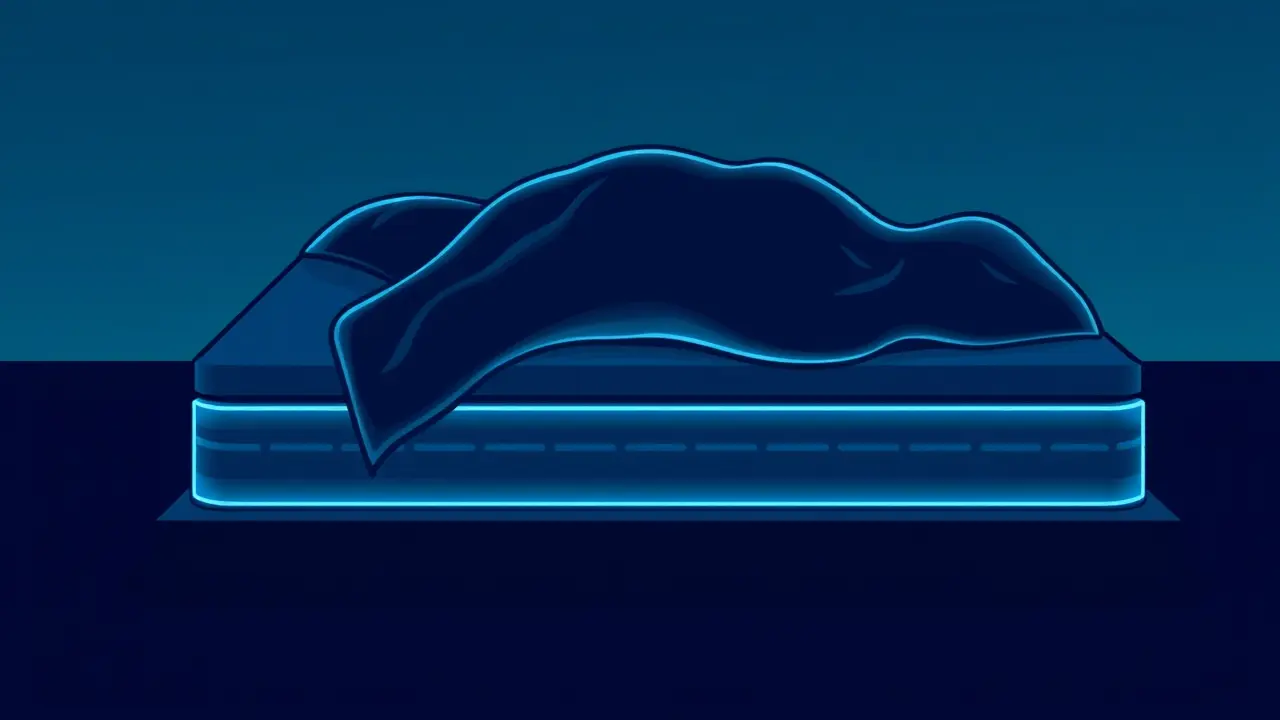
SciencemedicineVaccines and Immunology
Inside the Marketplace for Vaccine Medical Exemptions
LA
Laura Bennett
8 hours ago7 min read
In the quiet, often unexamined corners of our healthcare system, a marketplace has emerged, one that trades not in commodities but in conscience, where the very documents designed to protect public health are now available for a price. Frontline Health Advocates presents itself as a solution for those seeking medical exemptions from vaccines, but the central, unsettling question remains: what, precisely, is being sold? Is it a legitimate medical service, a meticulously vetted second opinion for complex cases where a patient's unique physiology genuinely contraindicates immunization, or is it, in its most cynical form, a transactional loophole, a piece of paper that grants a legal pass for a fee, effectively commodifying a societal safeguard? To understand this, we must look beyond the website and the fee schedule and into the human stories that fuel this demand.Imagine a young mother, her social media feed a torrent of frightening, often misleading anecdotes about vaccine injuries, her fear for her child so visceral and overwhelming that the path of least resistance, the paid-for exemption, feels like the only shield she can procure. Contrast her with the seasoned physician, bound by the Hippocratic Oath and the weight of epidemiological data, who sees in these services a direct undermining of herd immunity and a dangerous erosion of trust in the medical profession.This isn't merely a policy debate; it's a profound clash of narratives—personal autonomy versus collective responsibility, individualized risk assessment versus population-level statistics. The very existence of such a service speaks volumes about our current moment: a deep-seated erosion of institutional trust, the powerful echo chambers of online misinformation, and the acute anxiety of navigating a complex world where simple answers are desperately sought.Historically, medical exemptions were a rare and carefully considered tool, a safeguard for the tiny fraction of the population with legitimate, documented conditions like severe allergic reactions to vaccine components or certain immunodeficiencies. The process was intentionally rigorous, a gatekept decision made within the sanctity of the doctor-patient relationship.What Frontline Health Advocates and similar entities represent is the outsourcing and, arguably, the commercial degradation of this solemn medical judgment. It transforms a clinical decision into a customer service, raising alarming ethical questions about the role of profit in public health.Are the practitioners involved conducting thorough, in-person examinations, reviewing complete medical histories, and ordering necessary diagnostic tests? Or is the process streamlined, a telehealth consultation that efficiently matches a pre-existing desire with a pre-determined outcome? The ambiguity is the core of the business model. The consequences ripple outward far beyond the individual who obtains the note.For every person who uses such a service without a legitimate medical need, the community's protective shield weakens. Diseases like measles, once considered nearly eradicated in many parts of the world, have made alarming comebacks in communities with low vaccination rates, directly endangering those who are truly vulnerable—infants too young to be vaccinated, the elderly, individuals undergoing chemotherapy.This creates a two-tiered system: one for those who can afford to opt-out, and another that bears the brunt of the resulting public health risk. The legal and regulatory landscape is a patchwork, struggling to keep pace with this new commercial frontier.Some states have moved to tighten exemption laws, requiring that forms be signed only by a primary care physician or mandating specific education for providers, while others leave gaping loopholes. This regulatory arbitrage itself becomes a factor, potentially allowing such services to thrive in jurisdictions with more permissive rules.Furthermore, the professional medical boards governing these practitioners face a daunting task: investigating and potentially disciplining doctors for writing exemptions is a complex, resource-intensive process that must balance professional discretion with the imperative to prevent abuse. Engaging with experts reveals a spectrum of opinion.Some bioethicists might argue for the principle of bodily autonomy and an individual's right to seek a second opinion, even a paid one, suggesting the problem lies not with the service but with the underlying fear and misinformation that drive people to it. Others, particularly public health officials, view it as a clear and present danger, an end-run around scientifically-grounded policy that sacrifices communal well-being for individual convenience and corporate profit.The ultimate cost of this marketplace isn't just the fee paid for the note; it's measured in the fragility of our shared immunity, the fraying of the social contract, and the very real potential for preventable suffering. It forces us to ask uncomfortable questions about what we value, how we discern legitimate medical advice from a purchased credential, and where we, as a society, draw the line between a personal choice and a public responsibility.
#editorial picks news
#medical exemptions
#vaccine mandates
#public health
#ethics
#fraud
#healthcare
Stay Informed. Act Smarter.
Get weekly highlights, major headlines, and expert insights — then put your knowledge to work in our live prediction markets.
Related News
© 2025 Outpoll Service LTD. All rights reserved.












